On a rooftop in the back of a drunken Halloween party, the mood was heavy with anticipation. A scattered echo of “woos” and claps rang out as Nory Aronfeld — who refers to himself simply as “Nory” — appeared, casually claiming his spot front and center on the makeshift stage.
I soon became one with a hungry crowd that edged closer and closer to the stage, the sound reverberating throughout the room. The wave of a lonesome guitar and the synthetic chords of a keyboard rippled out into the open air; a crescendo of sound that suddenly paused, as did Nory. His eyes then snapped open, and an angry tone poured into the microphone, jolting the audience’s distracted muffles into an increasing silence as he began his popular song, “Tell Me.”
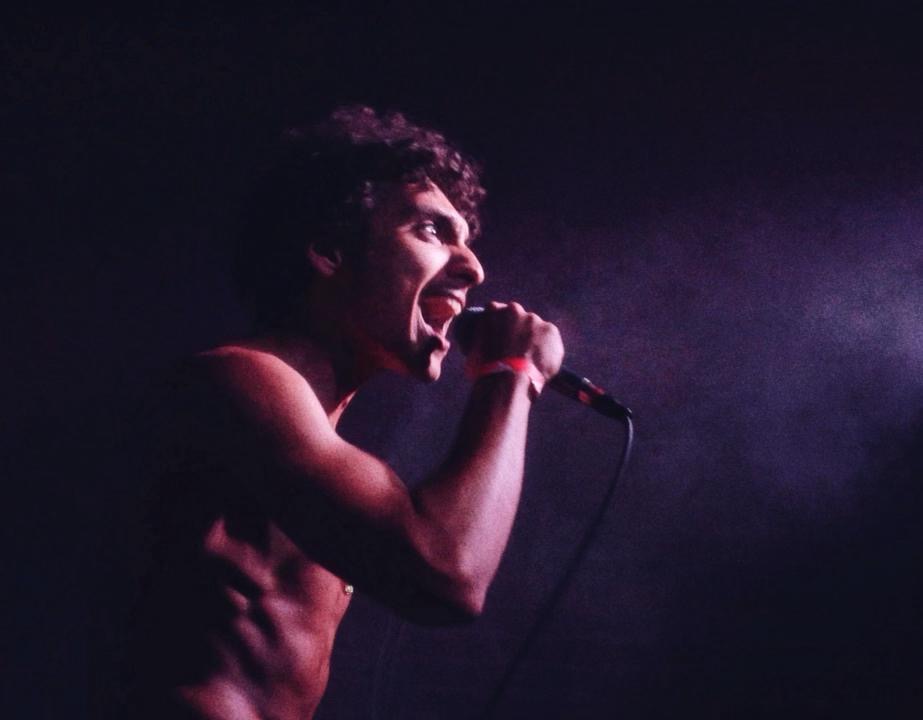
Nory Aronfeld, a third-year liberal arts student at The New School, is a young artist in NYC’s underground music scene whose popularity is growing exponentially. Along with a revolving 8-piece band of New School students who join him during shows, Nory’s eccentric on-stage style is an immersive experience for himself and his audiences alike. His persona uniquely blends elements of jazz, rap, hip-hop, and electronic music into one electrifyingly spiritual performance.
Two minutes into his Halloween concert, a shift takes hold of Nory. In a momentary halt, the synthetic melody of the band’s musicians once again envelops him and fills the stage. After a few seconds, he starts again, his angry tone returning with a vengeance:
“TELL ME, TELL ME, TELL ME, TELL ME, WHY,” he shouts.
The audience hangs on to every word. They notice this is not simply a singer reciting lyrics. The crowd is enraptured: understanding and connecting with what is deep within the very soul of Nory’s artistic identity. As they gasped and hushed their previous distracted murmuring, they realized Nory was a tried and true performer.
Seven days flashed by between the push-and-pull of the moshing crowd to the swinging of the door in the New School University Center, where I met Nory face to face. In contrast to the possessed performer I had seen about a week before, a calm, smiling persona welcomed me into the People of Color Safe Space within the New School, as he played a light piano melody without so much as breaking eye contact.
The 21-year-old music producer Nory was raised in Miami, Florida, spending the earliest days of his musical career as a young dancer largely inspired by the fluid anti-gravity movements of the late Michael Jackson. This grew his unquenchable curiosity for music and a desire to encapsulate his audiences. He began experimentally creating his own sounds. “GarageBand on the Mac, that’s how I got started. I pretty much taught everything I know about music to myself,” he says, noting how his early assimilation of curiosity and ignorance is what he feels has brought him to where he is today.
After a few semesters at Florida Gulf Coast University, Nory decided that the music scene in Miami was simply not designed to keep him as active in the industry as he wanted to be, despite the connections he had built. So, he left Miami with a new knowledge of his musical persona. During Nory’s final performance in Miami, he worked with a live band for the first time and found true meaning in his work. It was during the actual performance that he truly came alive, “I realized [then] my true performance lies in live music,” he said.
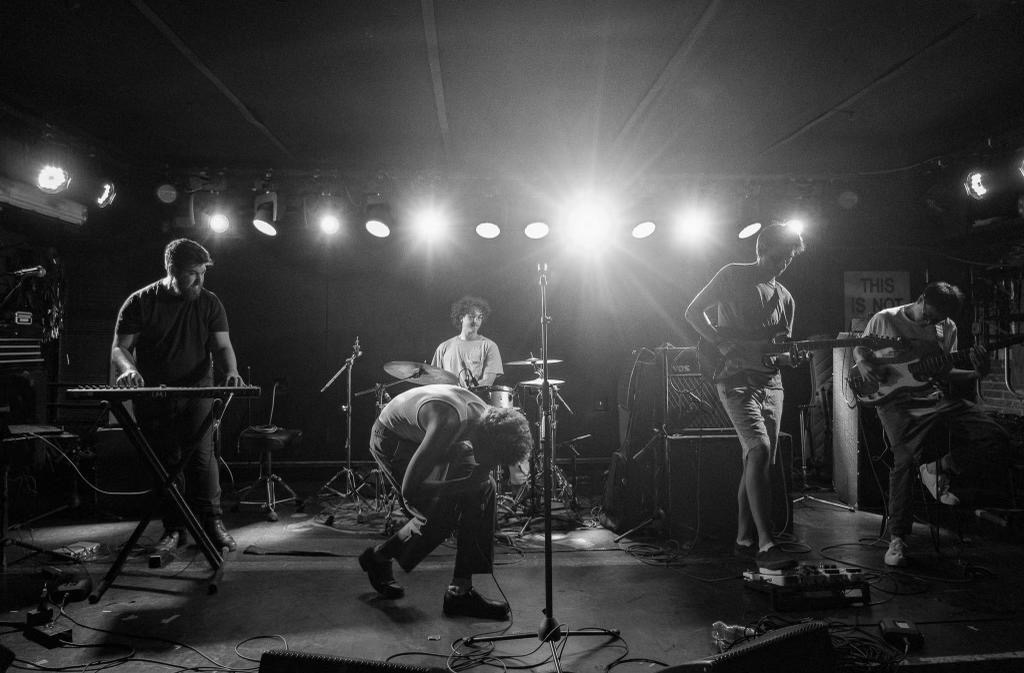
This understanding of what enhances his performance has carried him to an explosive start to his career in NYC. In early September, Nory performed at Bowery Electric where he sang the same showstopping track, “Tell Me.” A video of the performance circulated showing Nory’s expert knack for performance.
The video begins with an otherworldly combination of symphonic sounds, including a trembling saxophone that prompts Nory to rise from the ground like a zombie. His eyes roll as he stands, his increasingly angry heavy breathing intermittently gushing into the microphone. The music gets louder as his breathing gets heavier, his eyes remaining shut before he collapses to the ground again when the music stops. This happens for about two minutes until he begins to sing, his movements shifting about the stage, piercing the very soul of the crowd, not decreasing in emotion for one singular moment.
That was Nory’s first large, sold-out show in the city. This show only featured one New School musician, a guitarist who accompanied Nory on short notice, in contrast to the band of predominantly New School musicians he plays with today.
“That kept building, and he [the guitarist] helped me put together a little group. And then it just kept building. Now when I do shows, I have a brass section, a percussionist, like an eight-piece band.”
But he confesses that what really drives his performances, besides his love for musical experimentation, is the extent to which the audience interacts with his on-stage persona. His ability to capture an audience transcends beyond a spiritual connection, he mentions. Nory uses both the humbling and energetically empowering natures of the experience to propel himself forward.
However the energy of the crowd, Nory explains, is partially dependent on the venue. Distinguishing the differences between DIY and more formal venues, he noted that a more energetic crowd is not always attainable — even for larger artists — in more formal settings. DIY spaces, he comments, often have the relaxed environment needed for an audience to truly feel comfortable immersing themselves in the artists’ performance.
Finding the unique balance between ease and immersion in audiences may not be as crucial for other artists as it is for Nory, who often feels the full weight of his performance and music. This leaves room for the musician to carry the heaviness of a potentially more negative reception.
“I will say, when this happens, I get angry in my head,” he confesses, lowering his voice for a brief moment before continuing. “But [it’s] the kind of anger that motivates me to think, ‘maybe it’s [that] people aren’t fucking with me,’ but that makes me want to just be as incredible as I can.” In addition to his performance style, the challenge of pleasing an audience has been reflected in his song lyrics. He has tried to focus his words more on the challenges that specifically affect hustling New York artists.
“There’s something about the fact that you’re giving so much and receiving so little that’s almost empowering. I don’t know. It feels like I’m fighting for myself,” something that he feels is a reflection of the NYC underground music scene.
Embodying both his lyrics and performance is a distinguishable trait of Nory Aronfeld’s strength as an artist. From hip-hop to rap to electronic beats, Nory stands strong using the foundation of curiosity to launch his career, and that curiosity is not going anywhere anytime soon. He hopes to maintain a fanbase who can appreciate, as he does, a love for all inspirations of music and follow him along that journey as he evolves and explores it.
Nory’s next performances will take place on December 1st and 15th at Bowery Electric and Nublu respectively.

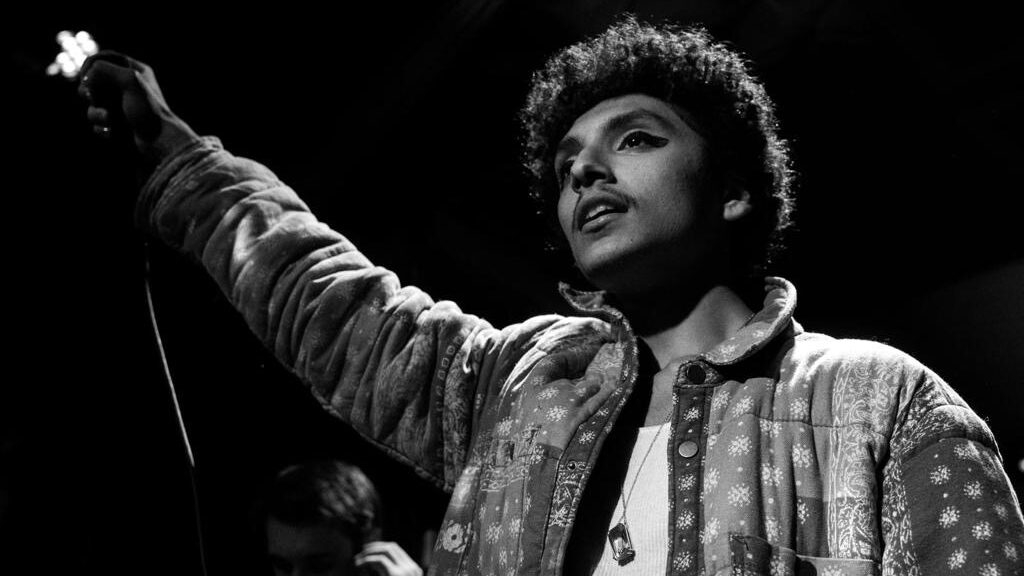

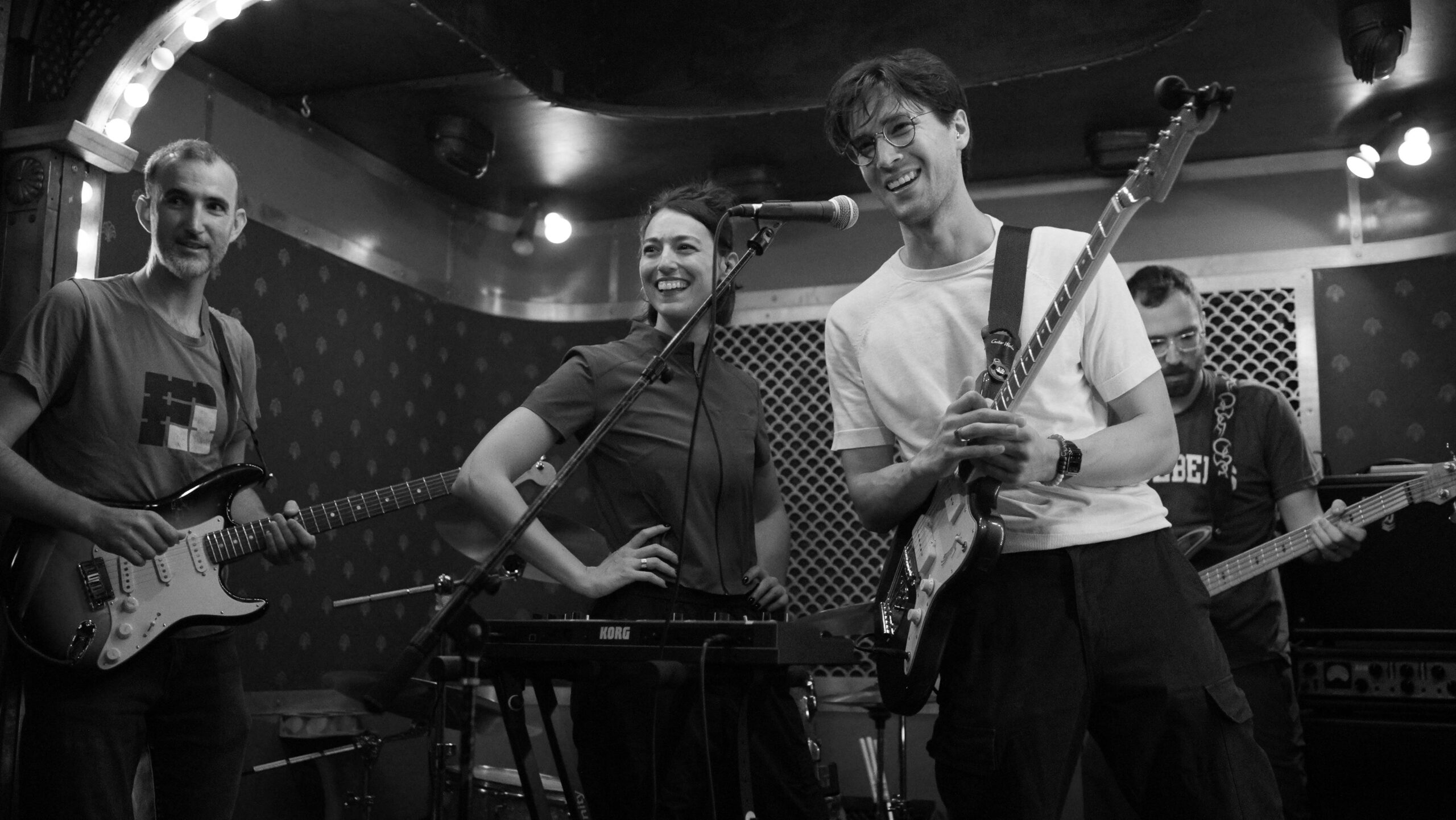
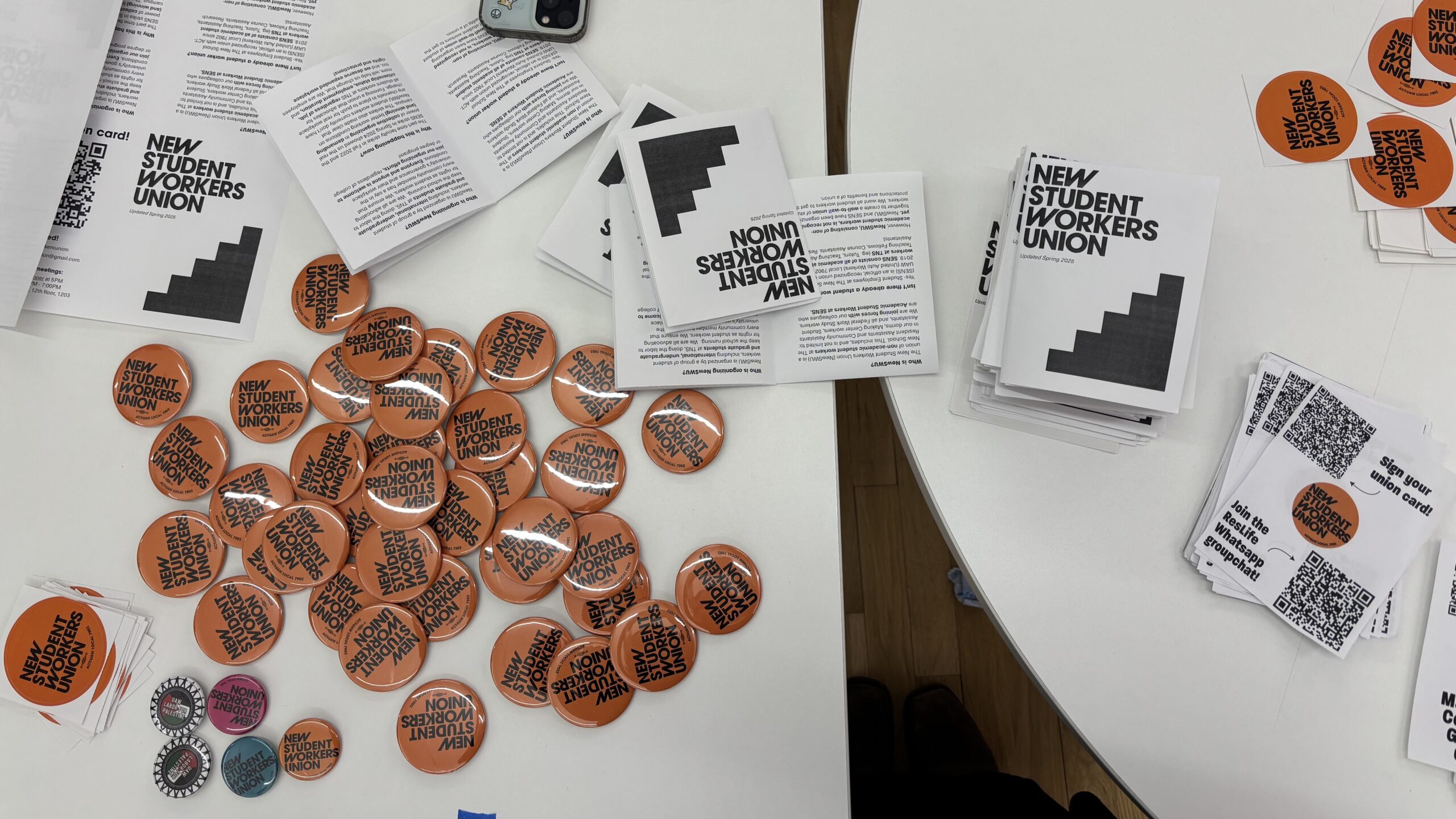
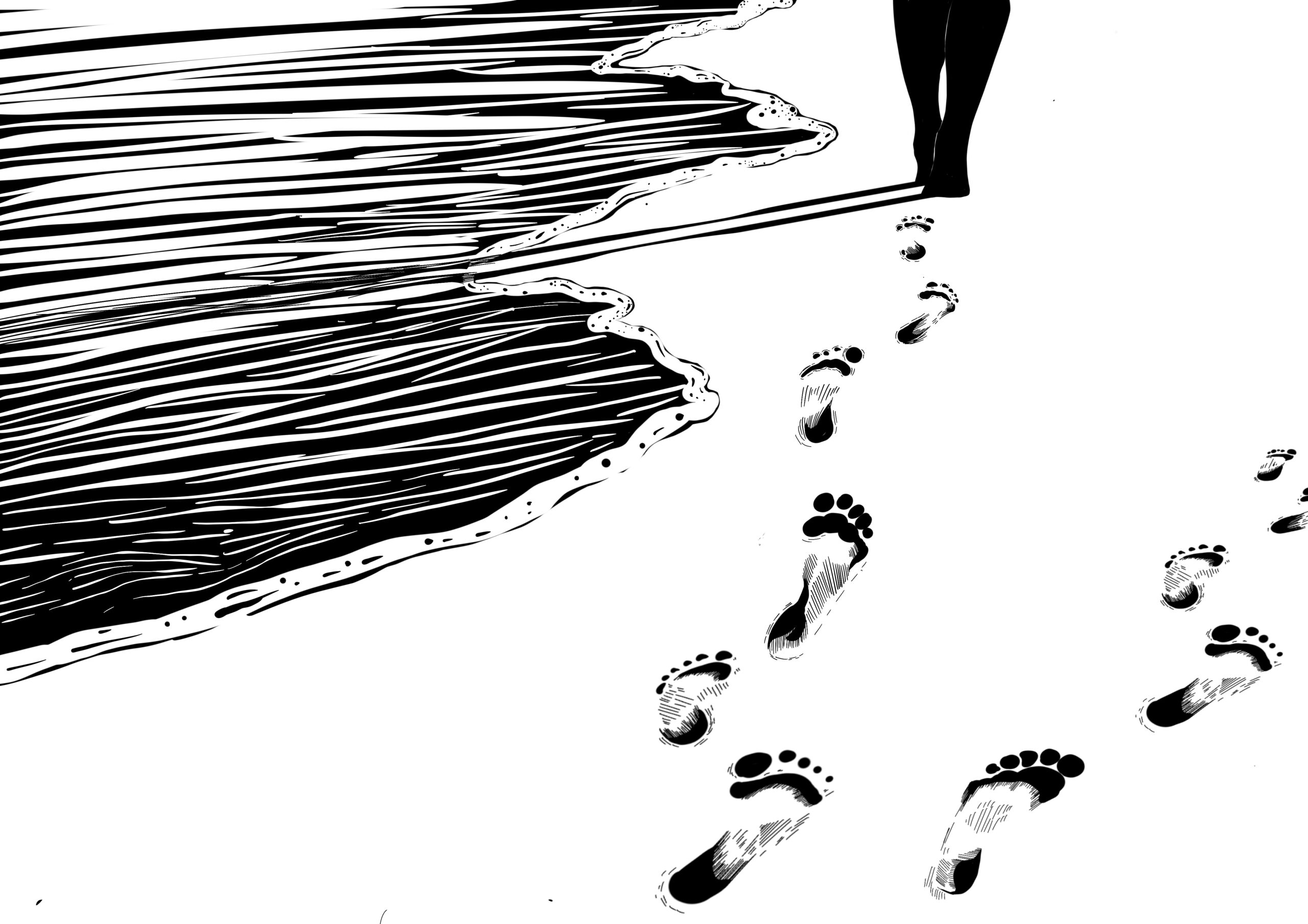
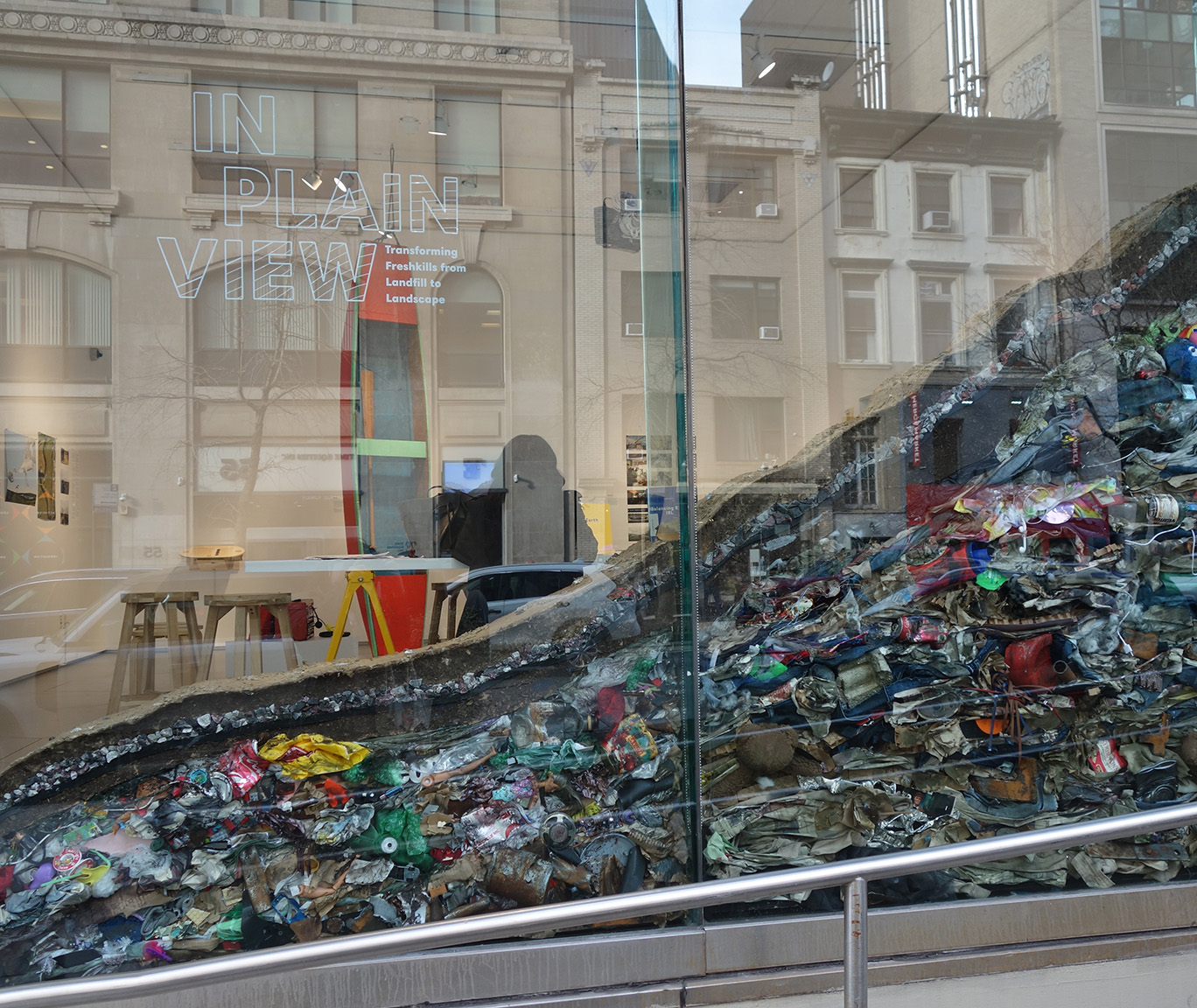

Leave a Reply